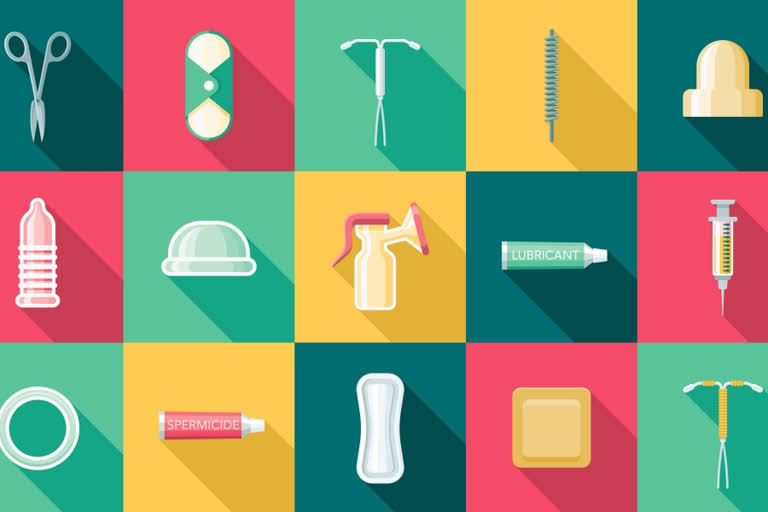In the current times, there are various methods of birth control available and easily accessible, but a large number of women still rely on pills. Senior Gynecologist Dr. Vijayalakshmi says that in most cases, women who wish to avoid unwanted pregnancy give priority to using contraceptive pills than any other method because of lack of awareness of other forms, easy availability and affordability. But, are there some other methods of contraception that can be helpful? Let us have a look.
Other types of contraceptives
Condoms
Condoms are a popular choice of contraception. Male condoms roll on an erect penis and function as a physical barrier to the transmission of sexual fluids between the male and female. Apart from keeping unwanted pregnancies at bay, condoms also help in protecting against sexually transmitted diseases(STDs) such as HIV AIDS, etc. However, improper quality of condoms, improper use and carelessness can at times increase the risk of the condom breaking, due to which women may end up conceiving. Besides this, many people think that condoms are only for men, but factually, condoms for women are also available in the market today. Condoms are an easy-to-use contraceptive, and they do not have any side effects on the body. Female condoms are hypoallergenic, this means that they are less likely to be allergic. They do not move from their place even after intercourse.
Morning after pills
Morning-after pills, also known as emergency contraceptive pills, can be helpful in preventing pregnancy in the event of unprotected sex, breaking of the condom during intercourse, and other such reasons. These pills can be taken within a 72 hours duration after having sex, to avoid unwanted pregnancy. Delaying the intake can increase the chances of pregnancy. Although these pills can be very beneficial in case of emergency, there can be certain side effects such as nausea, headache, breast pain, lower abdominal pain, etc.
